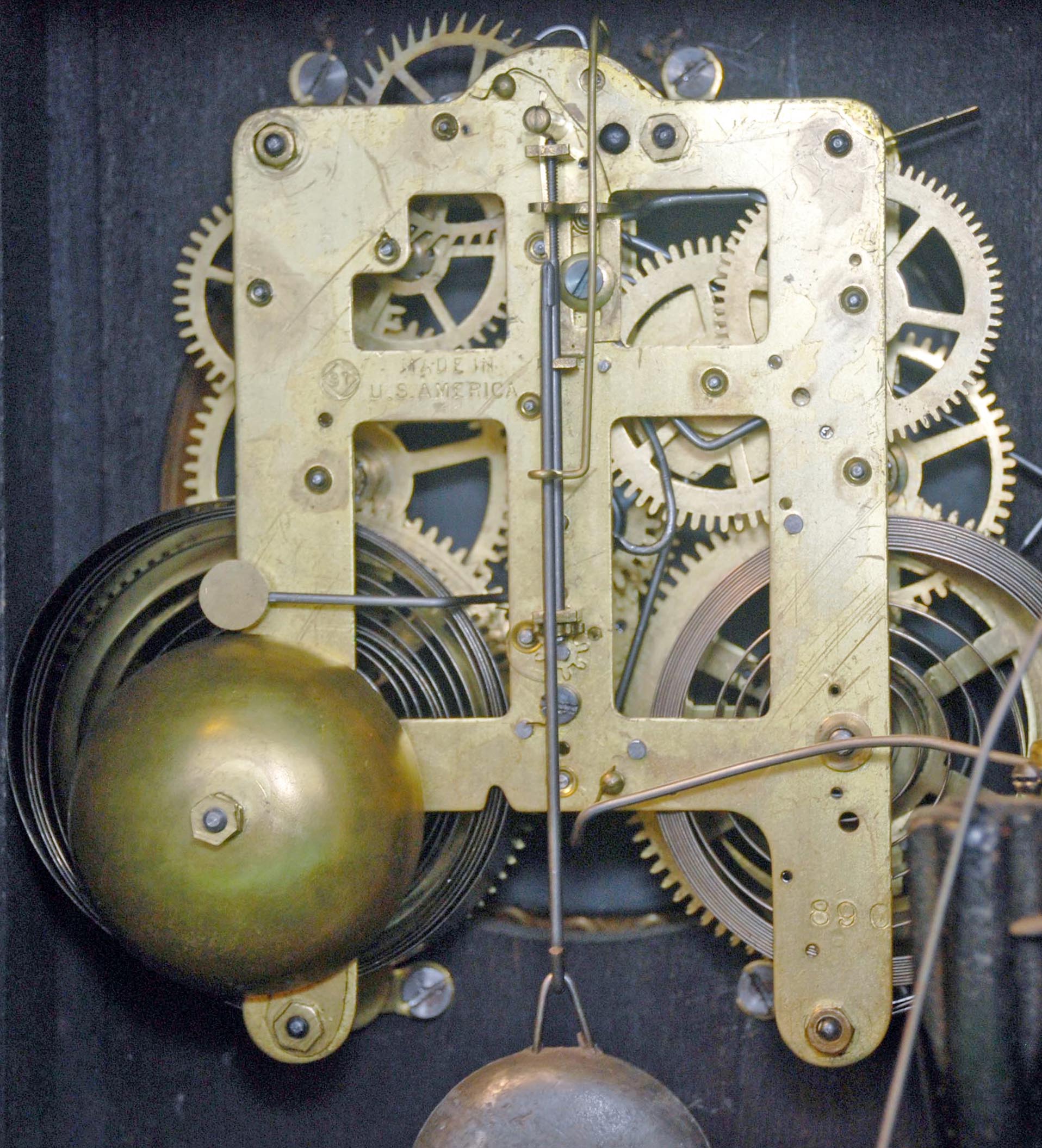Appraisals
We perform formal appraisals in conformance with the Uniform Standards of Professional Appraisal Practice (USPAP).
What is an Appraisal?
An appraisal is an unbiased, supportable conclusion of a defined value by a person who is trained in research and analysis, who is knowledgeable of the property being appraised and its class, and who acts in accordance with accepted and professed standards of practice.
What we appraise
We appraise clocks, nothing else – this is our specialty and we don’t claim to know enough to appraise other items of personal property.
Intended Use
We perform appraisals for such purposes as insurance, trusts, estate planning or dissolution, divorces, charitable donations or other IRS needs.

Why should I pay for a Professional Appraisal?1
Professional appraisers adhere to a written set of performance standards, known as the Uniform Standards of Professional Appraisal Practice (USPAP). The U.S. Congress has recognized USPAP as the generally accepted set of standards for professional appraisal practice in the United States. USPAP compliance is also required by professional appraisal associations, client groups and by dozens of federal, state and local agencies.
By following USPAP, a professional appraiser helps foster public trust in valuation through:
- Impartiality and Objectivity: A professional appraiser must be independent, impartial, and objective. A professional appraiser’s opinion of value must not be biased.
- Ethical Conduct: A professional appraiser will adhere to a generally recognized code of ethical conduct, which is contained in USPAP. In addition, many professional appraisal societies have their own codes of conduct.
- Full Disclosure: A professional appraiser will disclose all relevant information to ensure that the appraisal is understandable to the user, and not misleading.
- Confidentiality: A professional appraiser will treat confidential information as such. When in doubt, the appraiser should always check with the client to determine what is or is not confidential information.
- Competency: A professional appraiser should have knowledge and experience in performing similar assignments.
- Independence: A professional appraiser cannot be compensated based upon the results of the appraisal.
Our Appraisal Process
- We begin our process with a discussion about your needs and your property. We address the scope of work, your purposes, and schedule. We also discuss our needs and fees.
- If we decide to continue, then we perform a detailed inspection of your clock which involves measurements, photography, and a test of operation if possible. We require a down payment of $250 before the inspection begins.
- After the inspection is complete, we perform a market analysis and write a valuation report in accordance with USPAP.
- Your report can be delivered as a hard copy and/or computer file or both.There is an additional charge for more than one hard copy. The balance of payment is due upon delivery.
Our Appraisal Fees
Our fees range depending on the type, size, and difficulty of the assignment. They are based on time and materials and typically range between $100 and $200 per hour.
What is USPAP?
The Uniform Standards of Professional Appraisal Practice (USPAP) is a document prepared by the Appraisal Standards Board for the purpose of establishing the ethical and performance obligations of appraisers. The document establishes the current standards of the appraisal profession.
1 Information in this section is taken from a brochure created by The Appraisal Foundation, a congressionally authorized non-profit organization established in 1987. The Appraisal Foundation is dedicated to the professional advancement of the appraisal profession.

